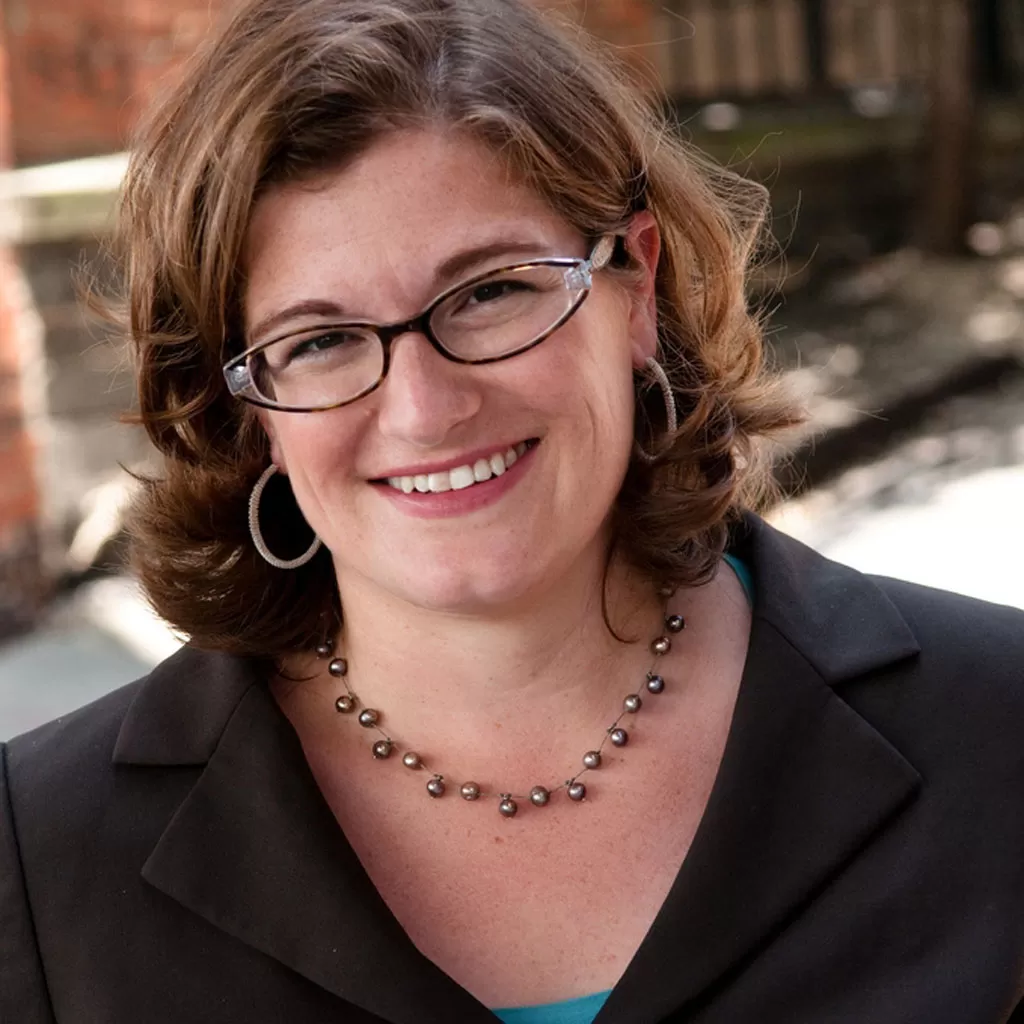Jess Zimbabwe is the Principal of Plot Strategies. She served until recently for ten years as the founding Director of the Daniel Rose Center for Public Leadership—a partnership the National League of Cities (NLC) and the Urban Land Institute (ULI). The Center’s flagship program was the Daniel Rose Fellowship, which brought the mayors and senior leadership teams of 4 cities together for a year-long program of learning from land use experts, technical assistance, study tours, leadership development, and peer-to-peer exchange. The Rose Center also convened thought leaders, conducted research, and delivered educational programs on topics of public/private interest in real estate development, design, planning, economic development, and land use strategy. Jess was also a member of the senior management teams at both ULI and NLC. Previously, Jess was the Director of the Mayors’ Institute on City Design. In that capacity she worked with over 125 American mayors and cities to help local leaders better understand issues of urban design so that they could advocate for better built environments in their own communities. During her time at the Mayors’ Institute, she also served as Vice President for Programs at the American Architectural Foundation, overseeing that organization’s Great Schools by Design program and developing the Sustainable Cities Design Academy. Prior to that, Jess served as the Community Design Director at Urban Ecology, providing pro bono community planning and design assistance to low-income neighborhoods in the San Francisco Bay Area. Her primary project was the design and development of a community cultural center in the San Antonio district of East Oakland. Jess is a member of the urban planning faculty at Georgetown University, teaching courses in urban revitalization, ethics, and urban design. She earned a Master of Architecture and Master of City Planning from UC Berkeley and a B.A. in Architecture from Columbia University. Jess was an Enterprise Rose Architectural Fellow, an Urban and Regional Policy Fellow at the German Marshall Fund, and a Fellow of the Women’s Policy Institute of the Women’s Foundation of California. She served from 2012 to 2017 as Chair of the Board of Directors of Next City, and also serves on the boards of Colloqate and the National Main Street Center. She has held a mayoral appointment to the Washington, DC Green Building Advisory Council for seven years. She is a licensed architect and a LEED-Accredited professional.
A City that Takes its Planning Seriously (or Not)
Portland is a city that's often better known by the representations of it—like the television show Portlandia—than as an actual working city.
UK cities, mayoral powers, and "tall poppy syndrome"
<p> This morning over at Atlantic Cities, <a href="http://www.theatlanticcities.com/politics/2012/08/has-london-mayors-office-been-too-successful/3024/">Richard Florida aptly refuted</a> an <a href="http://www.guardian.co.uk/uk/the-northerner/2012/aug/16/abolish-london-mayor-boris-johnson">opinion piece by Kevin Meagher</a> that appeared in the Guardian last week advocating for doing away with the position of Mayor in London. Florida lays out several strong arguments in favor of a strong elected mayor who can act as an advocate for his or her city. </p>
Liveblog: ULI Rose Center Kansas City Study Visit
<p> I'm writing from the audience of a presentation this morning in the Hotel Phillips in Kansas City. The presentation will cover the initial observations and recommendations of a national team of experts who've been invited here by Mayor Sly James and his team of Daniel Rose Fellows. </p> <p> The Kansas City Daniel Rose Fellows: </p>
What Yesterday’s Elections Results Mean for Cities and City Government Across the U.S.
If you can make it past rhetoric around healthcare, abortion, collective bargaining, and immigration, the November 8th election results tell a more cohesive and calming story about American’s political sentiment.
A foray by HUD into telling small towns how best to use their land
In April 2009, HUD Secretary Shaun Donovan spoke to the ULI Spring Council Forum in Atlanta; he stated that his administration’s goal was “to put the UD back in HUD,” and explained that HUD’s over-reliance on housing solutions wasn’t helping cities address their complex revitalization needs. Just over two years later, this small new funding program caught my eye on a list of new HUD announcements: <p class="MsoNormal"> *** HUD HOPE VI – $0.5 million<br /> Application Due: August 22, 2011<br /> Eligible Entities: Local governments </p>

























